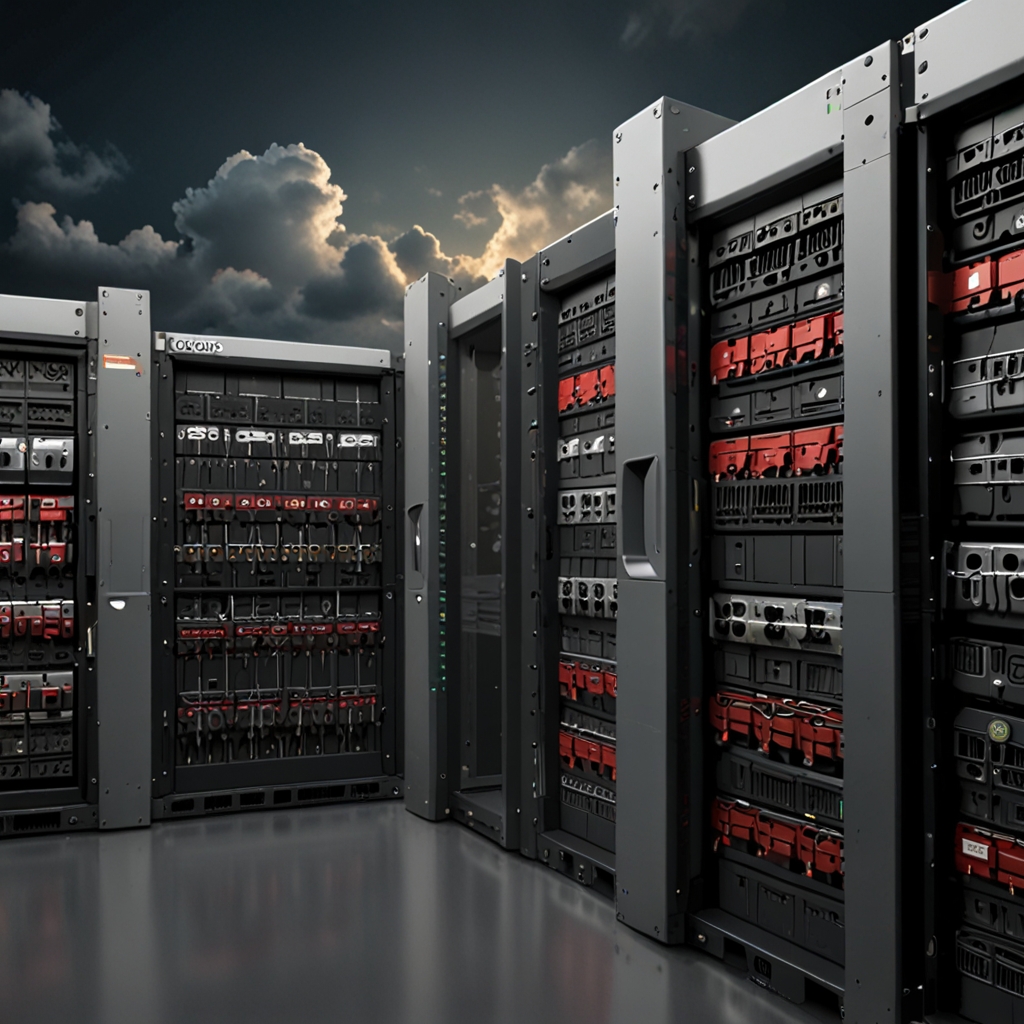From Backups to Streaming: 7 Surprising Uses of a NAS System

Most people think of NAS systems as glorified external hard drives—useful for backing up files and not much else. While network-attached storage excels at data backup, modern NAS appliances have evolved into versatile home and business computing hubs capable of much more than simple file storage.
A NAS system connects directly to your network, making stored data accessible to multiple devices simultaneously. Unlike cloud storage solutions or single-computer backups, these dedicated storage devices operate independently, giving you complete control over your data while offering enterprise-level features at consumer prices.
Ready to discover what your NAS system can really do? Here are seven surprising applications that might change how you think about network storage.
Media Streaming Server
Transform your NAS appliance into a personal Netflix by installing media server software like Plex or Jellyfin. These applications organize your movie and TV show collections, automatically download metadata and artwork, and stream content to any connected device in your home.
Unlike subscription streaming services, your personal media server gives you permanent access to your favorite content without monthly fees or licensing restrictions. You can stream 4K movies to your living room TV while simultaneously accessing your music library from your smartphone—all powered by your NAS system’s processing capabilities.
Many modern NAS devices include hardware transcoding, which converts video files to different formats on-the-fly, ensuring smooth playback across devices with varying capabilities.
Home Surveillance Hub
Security cameras generate massive amounts of data, making NAS systems ideal for surveillance storage and management. Instead of paying monthly fees for cloud storage or relying on limited local storage, your NAS appliance can record and archive footage from multiple IP cameras.
These applications offer motion detection, mobile alerts, and advanced search features that help you quickly locate specific events in your recordings.
The continuous recording capabilities of a NAS system mean you’ll never miss critical footage due to storage limitations or internet connectivity issues.
Personal Cloud Storage
Create your own private cloud using your NAS system, giving you Dropbox-like functionality without surrendering control of your data to third-party providers. Modern NAS appliances include mobile apps and web interfaces that enable file access from anywhere with an internet connection.
This approach offers several advantages over commercial cloud services: unlimited storage capacity (limited only by your drive configuration), complete privacy control, and no monthly subscription fees. You can sync files across devices, share folders with family members, and access your entire digital library remotely.
For businesses concerned about data sovereignty, a NAS-based private cloud eliminates concerns about where files are stored and who has access to them.
Web Server and Development Environment
Your NAS appliance can host websites, databases, and development environments using built-in web server capabilities. Many NAS systems support popular content management platforms like WordPress, enabling you to run personal blogs or business websites directly from your storage device.
Developers appreciate NAS systems for creating isolated testing environments without dedicating separate hardware. You can run multiple virtual machines, database servers, and development frameworks simultaneously, making your NAS a powerful tool for software development and testing.
This functionality proves especially valuable for small businesses that need web hosting but want to avoid monthly hosting fees or maintain complete control over their server environment.
Automated Download Manager
Configure your NAS system to handle downloads automatically, from software updates to media content. Many NAS appliances include built-in download clients that can manage BitTorrent downloads, direct downloads, and even YouTube video archiving.
Set up automated workflows that download content during off-peak hours, organize files into appropriate folders, and even trigger post-processing tasks like media conversion or backup creation. This hands-off approach ensures your content library stays current without manual intervention.
RSS feed integration allows your NAS to monitor and download new episodes of podcasts or YouTube channels automatically, creating a personalized content curation system.
Game Server Hosting
Gaming enthusiasts can host private game servers directly on their NAS systems, supporting games like Minecraft, Counter-Strike, or other multiplayer titles that offer dedicated server options. This setup gives you complete control over game rules, modifications, and player access.
Hosting your own game server eliminates concerns about server shutdowns, provides better ping times for local players, and allows extensive customization that isn’t possible with commercial hosting services. Many NAS appliances have sufficient processing power to handle small to medium-sized game servers while continuing to perform their primary storage functions.
Integration with Azure NAS Storage
For businesses requiring hybrid cloud capabilities, modern NAS systems can integrate seamlessly with Azure NAS storage solutions. This combination provides local performance for frequently accessed data while leveraging cloud storage for archival and disaster recovery purposes.
Azure integration enables automatic tiering, where older files migrate to cloud storage while maintaining local access through your NAS appliance. This approach optimizes storage costs while ensuring data remains accessible and protected across multiple locations.
Maximize Your NAS Investment
These seven applications represent just a fraction of what modern NAS systems can accomplish. By exploring beyond basic file storage, you can transform your NAS appliance into a comprehensive home or business computing platform that handles multiple critical functions.
Start with one or two applications that address your immediate needs, then gradually explore additional capabilities as you become more comfortable with your system’s potential. The versatility of today’s NAS technology means your storage investment can grow and adapt alongside your changing requirements.



